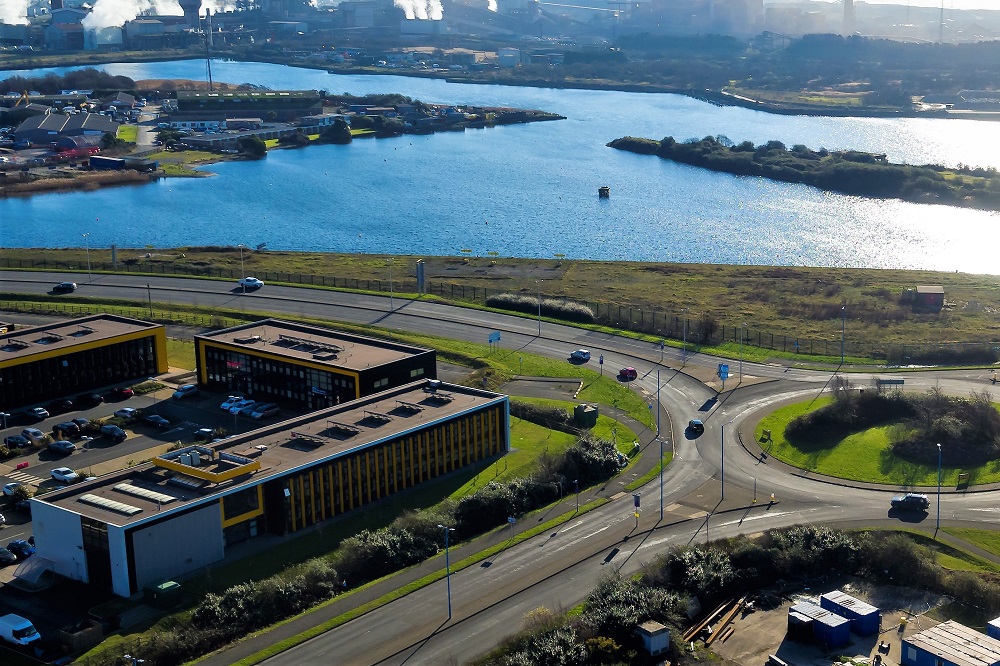Neath Port Talbot councillors approve next stages in Celtic Freeport project

A special meeting of Neath Port Talbot Council’s Cabinet has approved the next steps in establishing the newly approved Celtic Freeport which aims to generate billions of pounds in new inward investment and create up to 16,000 new jobs in south west Wales.
The next steps in advancing the project include creating a company to run the Freeport and setting up the decision making arrangement for investing the public funds provided by the UK and Welsh governments to achieve the Freeport’s objectives.
The council will also enter into a memorandum of understanding with Celtic Freeport partners Associated British Ports, The Port of Milford Haven and Pembrokeshire Council.
The UK and Welsh Governments named the twin Celtic Freeport bid (involving Port Talbot Docks and the Port of Milford Haven) along with a bid from Anglesey, as the winners in the Wales Freeport competition in March.
The Celtic Freeport project will be focused on low carbon technologies, such as hydrogen, floating offshore wind (FLOW), carbon capture, utilisation, and storage (CCUS) and biofuels such as Sustainable Aviation Fuel (SAF) to support the accelerated reduction of carbon emissions and the drive towards a Net Zero Wales by 2050.
Port Talbot is to become home to a multi-million pound SAF project led by LanzaTech making aviation fuel from steel production waste gases.
Subject to the development and approval of the outline and full business cases, the Celtic Freeport will receive £26m in Government start-up funding and there will also be Government measures to make the Freeport attractive to domestic and international investors including simpler customs processes, tax measures to incentivise investment, planning reforms and additional Government funding for infrastructure improvements.
Transformational
After the Special Cabinet Meeting, Neath Port Talbot Council Leader, Cllr Steve Hunt, said: “Freeport status will be truly transformational for this region. It will act as a catalyst for significant economic growth linked to the rapidly developing offshore wind sector and wider renewables agenda.
“The new Celtic Freeport will also support work to decarbonise industry, housing and transport at local, regional and national levels helping to meet our net zero carbon targets.
“Green economic growth like this will help us and our partners address structural issues of poverty and deprivation in the local and regional economies, stimulating the local supply chain and increasing the skills and qualifications of our resident population.”
Support our Nation today
For the price of a cup of coffee a month you can help us create an independent, not-for-profit, national news service for the people of Wales, by the people of Wales.






How many years will it take too get the plans together from what I’ve seen with the Welsh council’s the other free port’s will have All the best investments by the time they get themselves sorted
Following the abject failure of freeports in the past, resulting in all of them being closed by the Tory’s, I would like to see the evidence that this one will help address ” structural issues of poverty and deprivation”, especially when these new industries will not be subject to the same tax and rate bills current companies pay into the local economy, where these problems exist. What am I missing here.
You must be mad. Get informed about exactly what Freeports entail: loss of democratic control, business overrides national regulations, corruption and crime. That’s why the EU stepped on them. Read up on them in Private Eye and European Powell on Twitter.